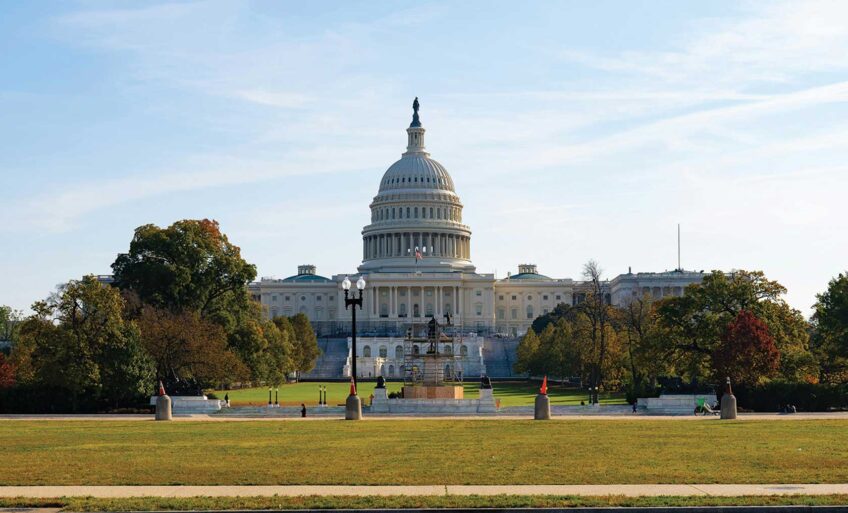Poverty Issue Missing on the Presidential Campaign Trail
Two recent reports issued on the same day told of two appalling realities.
One report on poverty based on an Associated Press survey found that the poor are getting poorer, and that there are more Americans living in poverty now than at any time in the last half century.
The other report from the Tax Justice Network found that the super-rich are getting richer, squirreling their money away to the tune of tens of trillions in offshore tax havens far outside the reaches of the U.S. and other nation’s tax collectors.
Wealthy Americans are amply represented among the offshore tax evaders. This money could bankroll business start-ups and business expansion, fatten federal and state tax revenues, and create thousands of new jobs. This would do much to blunt the steadily increasing ranks of the poor.
The devastating impact of poverty on American economic life is well known. It wastes the talents, energy, and productive potential of many in the work force. In some communities, it increases crime, overburdens the criminal justice system and makes doing business in these areas more costly.
It strains the health care and the welfare systems. This results in a bigger tax drain on the middle-class. It sharply reduces the ability of thousands of consumers to purchase goods and services, further crimping business growth and reducing government tax revenues.
Yet, there is not a faint mention of the word poverty on the presidential campaign trail. There are several reasons for this.
One is the difficulty in defining who is poor. One can easily be considered working or even middle class one day, and following the loss of a job and tangible income, slip into the poverty ranks the next. This makes the poor even more diffuse, and hard to typecast. They cut across all ethnic, gender, religious and even political party affiliation lines.
The other reason is that the poor do not have an advocacy group to go to bat for them with lawmakers like those in the labor, civil rights, education, environmental and abortion rights movements do. This further increases their political invisibility.
The only time the poor had loud champions was a brief moment during the 1960s when a small band of anti-poverty groups and organizers got the attention of the Johnson Administration. They shouted, cajoled, and actively lobbied then-President Lyndon B. Johnson for a major expansion of anti-poverty programs, funding, and initiatives to reduce poverty in the nation. But the anti-poverty crusade quickly fell victim to Johnson’s Vietnam War buildup, and shrill claims from conservatives that the war on poverty was a scam to reward deadbeats and loafers.
Another reason for the silence about poverty on the campaign trail is the emphasis on how to hack away tens of billions from the national deficit. President Obama and GOP presidential contender Mitt Romney will fiercely arm wrestle over which one can best bring down the deficit, reduce spending, decrease taxes and get rid of wasteful programs. They will also spar over how best to protect the interests of the middle-class.
It’s about votes, and a pro-middle-class, cut-spending line appeals to centrist independents. Both Romney and Obama bank on them to be the path to or back to the White House.
The biggest reason that politicians dare not make poverty a political issue is that the existence of so many poor people flies in the face of the embedded laissez-faire notion that the poor aren’t poor because of the hyper-concentration of wealth, or worse, any failing of the system, but because of their personal failings — their misfortune, bad luck, lack of education and skills, or alcohol and drug problems.
While these are certainly reasons why some fall into poverty or remain chronically poor, they are at best peripheral to the real cause of the poverty rise: the control of the bulk of the nation’s income, resources and wealth by a small handful of the super-rich.
Though the poor will continue to grow in numbers, they will remain nameless, faceless, and voiceless. This ensures that poverty will remain missing from the presidential campaign trail.
Earl Ofari Hutchinson is an author and political analyst.






